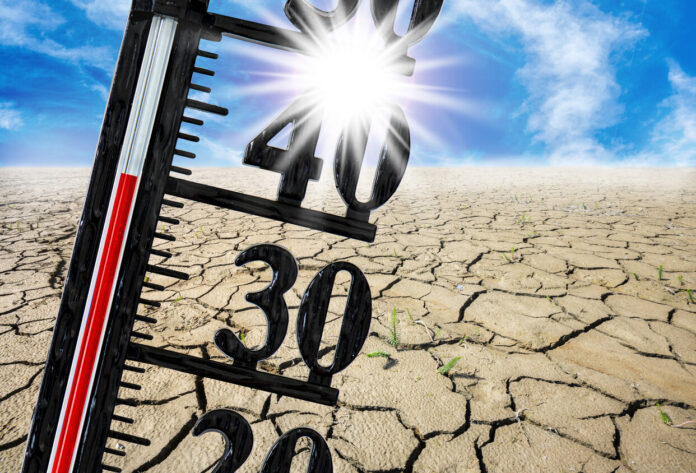A sad record. Between January 21 and February 22, 2023, not a single drop of rain fell in mainland France. It is therefore a total of 32 days without precipitation that the country has experienced since the beginning of the year, a level never reached since the start of records in 1959.
If this news can be enough to give cold sweats, the consequences that this could have on the country are not more reassuring. “We had a fairly intense drought, almost unprecedented in the country since the beginning of January”, explains Paul Marquis, meteorologist and founder of E-Meteo service with Planet.fr.
However, not everything is black either since, as the expert explains, “the rain has nevertheless returned almost everywhere in France, the winter drought is therefore less intense than 15 days ago, even if it still remains present.”
Even if the picture looks gloomy, all is not yet lost for the summer of 2023. Indeed, since the beginning of March, the rain deficit in the territory has improved significantly. In the northeast, the rainfall has been rather heavy, which remains encouraging.
“If it rains enough this summer, these regions will limit breakage and the drought should be less worse than last year. On the other hand, in the south-east, whether on the surface or in depth, the situation is not is not good,” he said.
However, if the rain were to fail in other regions, problems could occur throughout the territory. What consequences could this drought have?
“In part of the south-east of France, water restrictions are already in place. This is unheard of so early in the year. Generally these appear rather in May, June or July.”, notes Paul Marquis.
In this part of the territory, the situation is therefore particularly worrying. Especially since “even if the rain returns, it will not be enough to fill the gap. We will therefore have very strong water restrictions in these regions.”
The inhabitants of the regions will therefore not be able to fill their swimming pool, wash their car or water their garden. On the professional side, the crops will not necessarily be able to be irrigated as much as planned either. “We will also have a lot of problems with drinking water,” he continues.
Beyond water restrictions, another danger also threatens several regions this summer.
During the summer of 2023, forest fires caused significant damage in several departments. “If the rain fails in spring and summer, we may have forest fires in regions that are not used to this type of disaster.”
For the time being, the forecasts are therefore not yet certain for the coming summer. However, one thing remains certain, spring will be decisive and, even if the groundwater level is particularly low, a rainy season could therefore perhaps avoid the worst for this summer.















